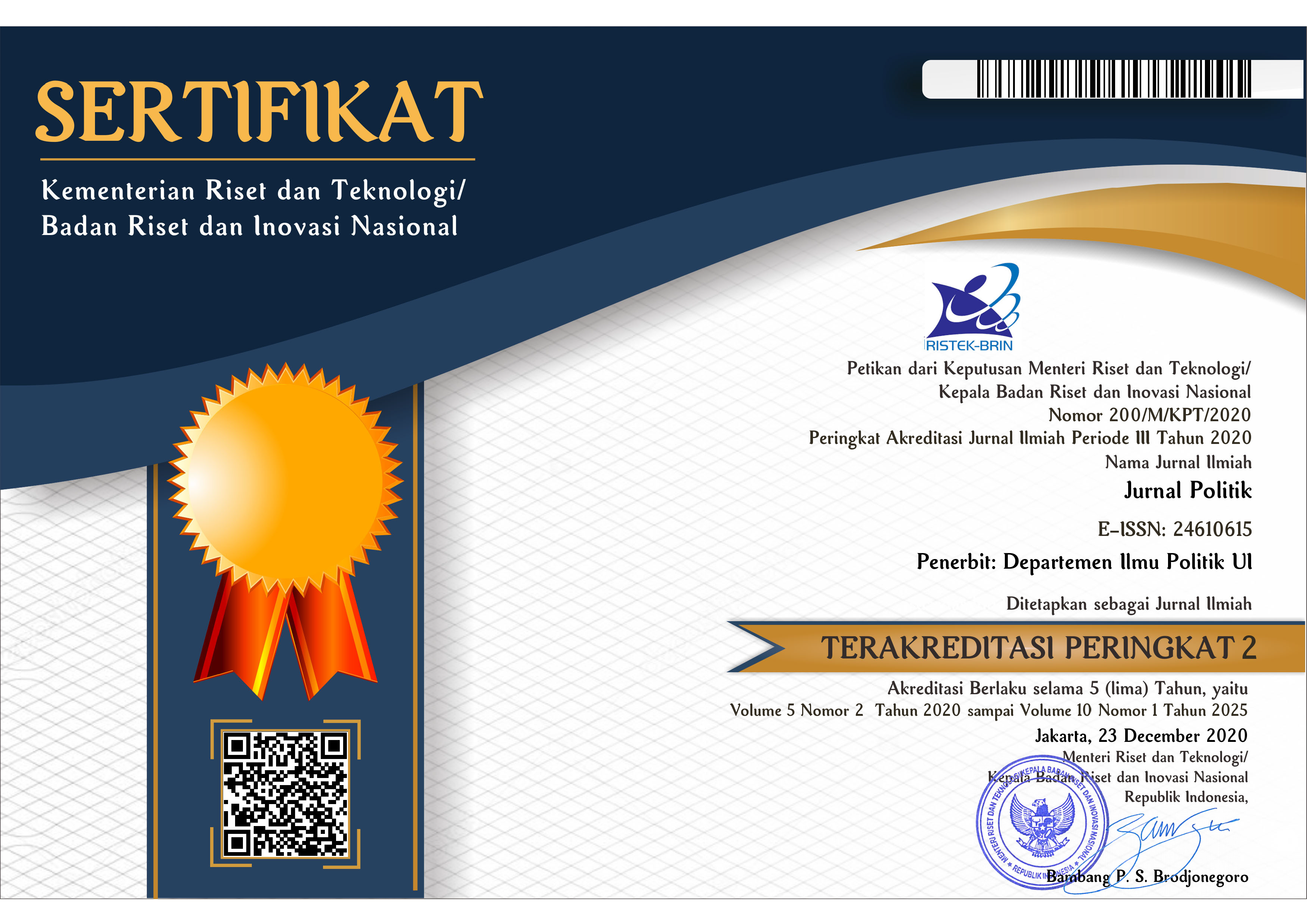Abstract
This article examines whether reform forest governance in Indonesia started in the 1990s, which was partially aimed to promote equity, participation and sustainable forest management, has delivered its promised consequences. In the New Order era, the central government had sole authority in managing forests and granting exploitation rights. This authority has been partially transferred to local governments during a decentralization process to achieve greater efficiency and equity. However, the Indonesian case highlights that such institutional change has not yet produced the expected outcomes. The case indicates a contestation between the local and central government along with institutional resistance, which have considerably undermined decentralization processes in the forestry sector. This paper explores possible explanations for these processes.
Recommended Citation
Muhyidin, Ali
(2018)
"Guarding Central Government Control over Forest: Forest Governance in the Post Decentralization Indonesia,"
Jurnal Politik: Vol. 4:
Iss.
1, Article 7.
DOI: 10.7454/jp.v4i1.1049
Available at:
https://scholarhub.ui.ac.id/politik/vol4/iss1/7
Included in
Comparative Politics Commons, Environmental Policy Commons, Environmental Studies Commons, Forest Management Commons


